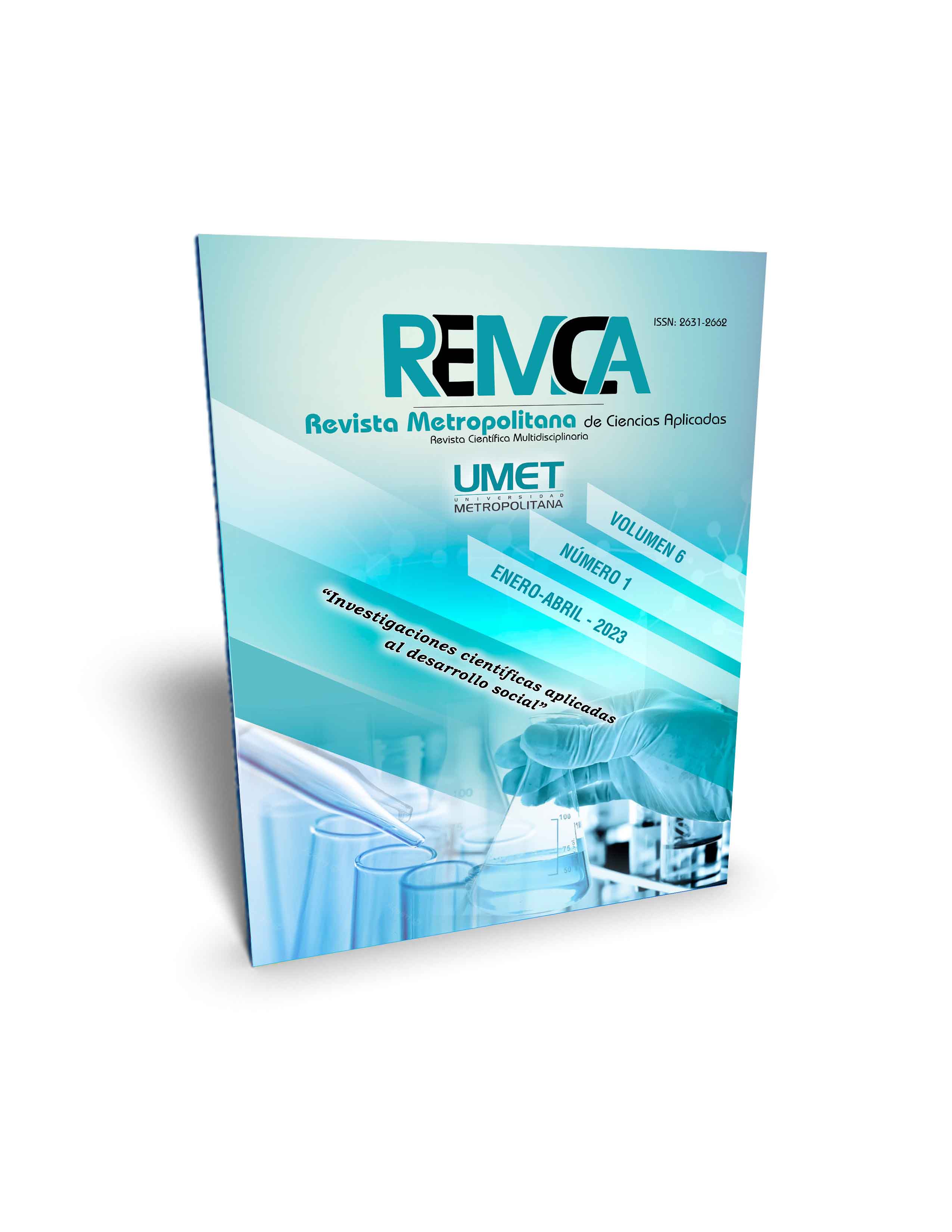The effectiveness of evidence and the principle of procedural economy in civil matters
DOI:
https://doi.org/10.62452/87hwc391Keywords:
Probative freedom, probative effectiveness, right to defense, principle of procedural economy, due processAbstract
The Ecuadorian civil legal system has been immersed in long and slow processes, which has generated the wear and tear of both the judicial apparatus and the administration of justice. In search of improvements for this situation, the Ecuadorian legislators have raised in the civil legal system, a series of procedural principles, governing evidence and evidentiary activity, which aspire to a better application of justice. This inductive research, with a qualitative approach, has as a general objective: to critically analyze how impertinence, impropriety or illegality in obtaining and/or producing evidence violates the principle of procedural economy and with it, due process. In addition, exegetical methods and bibliographic review have been applied, which have allowed us to conclude that there is no respect for due process in terms of the evidentiary activity of numerous non-criminal cases, which has a decisive influence on the delay and delay in the administration of justice in Ecuador, despite the constitutional and legal precepts in this regard.
Downloads
References
Artavia, S., & Picado, C. (2018). Elementos básicos de la teoría de la prueba en el nuevo CPC. Punto Jurídico. https://puntojuridico.com/elementos-basicos-de-la-teoria-de-la-prueba/
Cabanellas de las Cuevas, G. (2008). Diccionario jurídico elemental. Heliasta.
Carnelutti, F. (1982). La prueba civil (2nd ed.). Ediciones Depalma.
Echandía, D. (1993). Teoría general de la prueba judicial (4th ed.). Biblioteca Jurídica Diké.
Ecuador. Asamblea Nacional Constituyente. (2008). Constitución de la República del Ecuador. Publicado en Registro Oficial 449. https://www.oas.org/juridico/pdfs/mesicic4_ecu_const.pdf
Ecuador. Asamblea Nacional. (2015). Código Orgánico General de Procesos. Publicado en Registro Oficial Suplemento 506. https://www.telecomunicaciones.gob.ec/wp-content/uploads/2018/09/Codigo-Org%C3%A1nico-General-de-Procesos.pdf
Ferrer, J. (2021). Prueba sin convicción. Marcial Pons, Ediciones Jurídicas y Sociales.
Larrea, J. (2009). Derecho Civil del Ecuador. ONI.
Parra, J. (2007). Manual de derecho probatorio (16th ed.). Librería Ediciones del Profesional Ltda.
Downloads
Published
Issue
Section
License
Copyright (c) 2023 Jhonatan Alexander Viera-Robayo, Ana Cristina Pachano-Zurita (Autor/a)

This work is licensed under a Creative Commons Attribution-NonCommercial-ShareAlike 4.0 International License.
Authors who publish in Revista Metropolitana de Ciencias Aplicadas (REMCA), agree to the following terms:
1. Copyright
Authors retain unrestricted copyright to their work. Authors grant the journal the right of first publication. To this end, they assign the journal non-exclusive exploitation rights (reproduction, distribution, public communication, and transformation). Authors may enter into additional agreements for the non-exclusive distribution of the version of the work published in the journal, provided that acknowledgment of its initial publication in this journal is given.
© The authors.
2. License
The articles are published in the journal under the Creative Commons Attribution-NonCommercial-ShareAlike 4.0 International License (CC BY-NC-SA 4.0). The terms can be found at: https://creativecommons.org/licenses/by-nc-sa/4.0/deed.en
This license allows:
- Sharing: Copying and redistributing the material in any medium or format.
- Adapting: Remixing, transforming, and building upon the material.
Under the following terms:
- Attribution: You must give appropriate credit, provide a link to the license, and indicate if any changes were made. You may do this in any reasonable manner, but not in any way that suggests the licensor endorses or sponsors your use.
- NonCommercial: You may not use the material for commercial purposes.
- ShareAlike: If you remix, transform, or build upon the material, you must distribute your creation under the same license as the original work.
There are no additional restrictions. You may not apply legal terms or technological measures that legally restrict others from doing anything the license permits.




